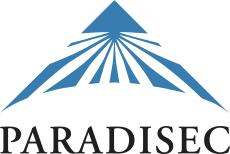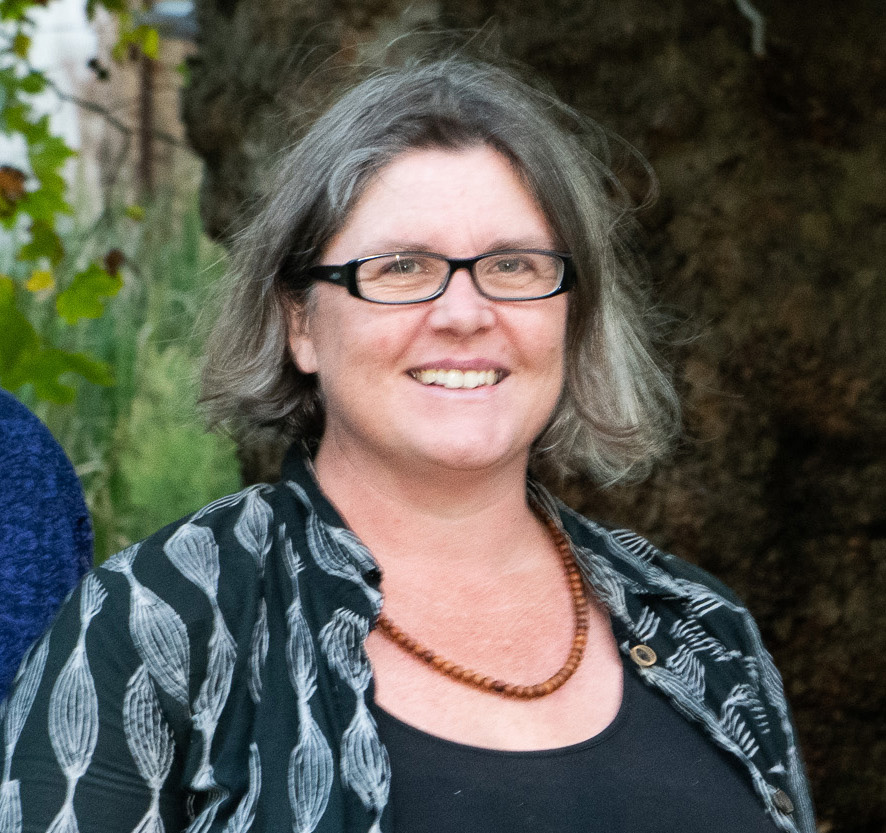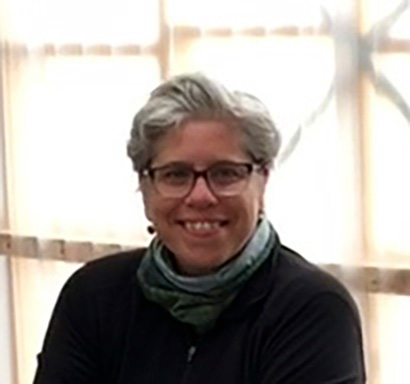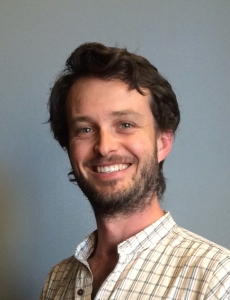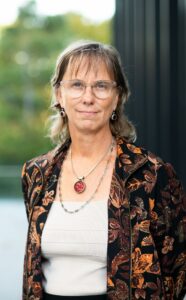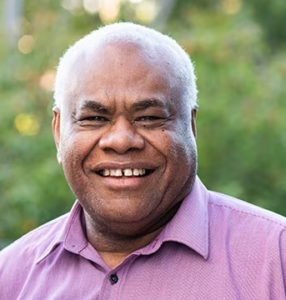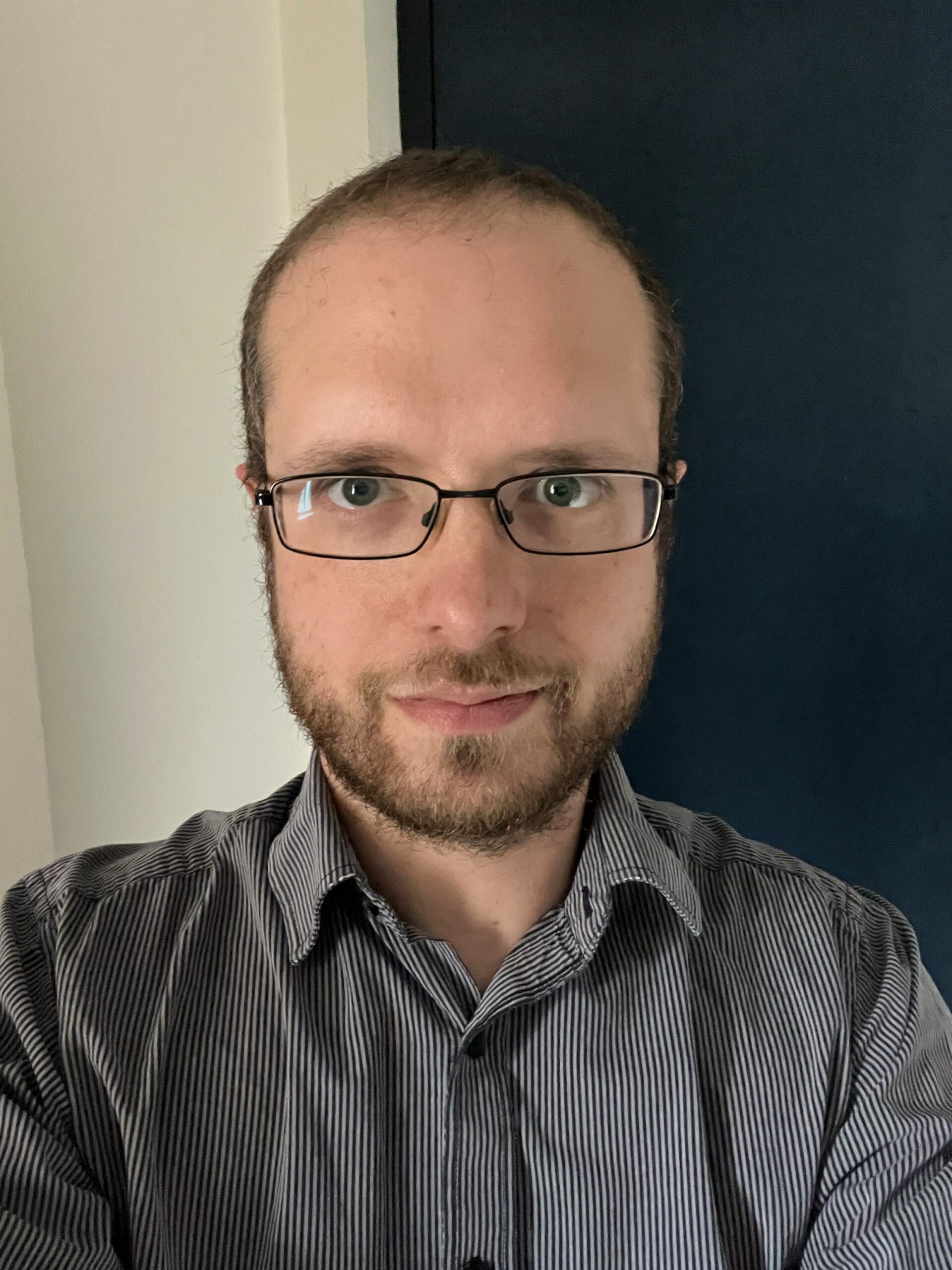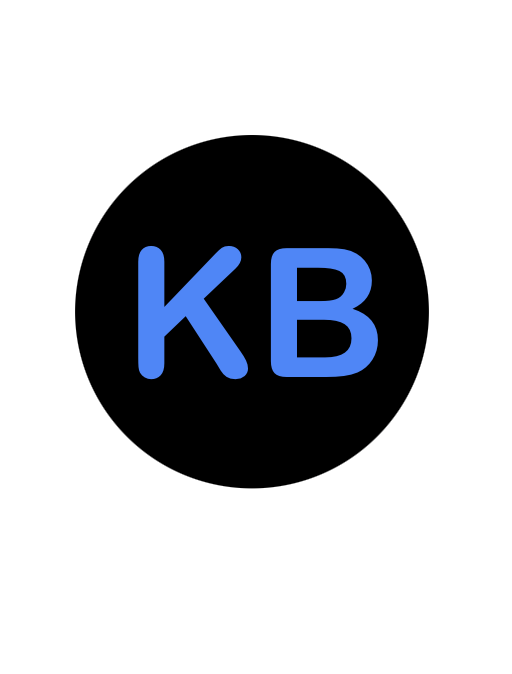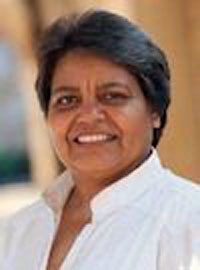Nick Thieberger set up the Pilbara Aboriginal Language Centre in the late 1980s, then worked at AIATSIS on developing the Aboriginal Studies Electronic Data Archive. He lived in Vanuatu for three years and wrote a grammatical description of South Efate, one of the indigenous languages of Central Vanuatu. In order to write a grammatical description of the language based on his field recordings he developed a tool (Audiamus) that allowed him to present his PhD thesis together with a DVD of example sentences and texts. Nick has a strong interest in using new tools to assist fieldworkers to produce data that can be reused in future.
Amanda Harris is Director of the Sydney Unit of PARADISEC and an ARC Future Fellow at Sydney Conservatorium of Music, University of Sydney. Amanda is a musicologist and cultural historian focused on histories of musical encounter in Australia’s Oceanic location and colonial history, with an emphasis on collaborative research. Her edited book, co-edited with Linda Barwick and Jakelin Troy Music, Dance and the Archive won the 2023 Mander Jones prize.
Professor Linda Barwick has undertaken field research in Central and Northern Australia, Italy and the Philippines. She is a great believer in collaborative research, and enjoys working with communities and linguists to produce well-documented published recordings of sung traditions. On the academic side Linda is particularly interested in song language, musical analysis and aesthetics of non-Western song traditions, and the implications of emerging digital and networking technologies for establishing community access points to research results.
Dr. Julia Colleen Miller has been working with PARADISEC since 2010. Based at ANU, Julia is the Senior Data Manager for the Language Data Commons of Australia (LDaCA) at ANU. She also oversees the ANU PARADISEC unit, where she manages the digitisation studios as well as trains staff, students, and volunteers in archiving, digital preservation and data management. Julia received a PhD in Linguistics, which focused on acoustic phonetics within the context of a language documentation project.
Nick Ward has been working for PARADISEC since 2007. He works with depositors on collections, and helps manage the PARADISEC catalog and websites. With a background in linguistics and anthropology, Nick has a particular interest in languages and cultures of the Indian subcontinent, having written his honours thesis on the Marathi language.
Jodie Kell is a senior research officer who manages the Sydney office of PARADISEC. She is an audio engineer with a PhD on Indigenous female musicians of the Ripple Effect Band, West Arnhem Land, NT. Jodie is interested in projects that promote accessibility and findability for communities with cultural connections to heritage recordings, such as co-producing the Toksave: Culture Talks podcast.
Steven Gagau is a Melanesian community leader who provides cultural advice and metadata enrichment at PARADISEC. He collaborates on community outreach and engagement projects and supports interdisciplinary research work. Steven is a Tolai of Gunantuna cultural heritage from New Britain Island in Papua New Guinea.
Michael Manzini is an audio engineer and cataloguer. He has an advanced diploma in audio engineering and an undergraduate degree in Information studies, specialising in Records and Archive Management. He has been working for PARADISEC since 2024 and also manages the Illawarra Mercury negative digitisation project through Wollongong City Library.
Katie Bicevskis is based at the Melbourne unit of PARADISEC, working on digitisation and managing collections in the PARADISEC catalog. Katie is a linguist who completed a PhD documenting Marri Ngarr, an Australian Indigenous language. She is interested in language documentation and working with communities to produce resources for language revitalisation. Katie has been working at PARADISEC since 2024.
Dr Payi Linda Ford has joined the PARADISEC team of Honorary Associates. Payi was educated in traditional knowledge and practices growing up with her family as a member of the Rak Mak Mak Marranunggu people of the Finniss River and Reynold River regions of the Northern Territory, and has also been educated in various mainstream Australian education institutions, receiving her PhD from Deakin University. She is currently a Senior Research Fellow in the Northern Institute, Charles Darwin University. At PARADISEC she will be working with Prof Linda Barwick and Emeritus Prof Allan Marett to develop her research project “Caring about Ceremony: Indigenous Knowledge across Boundaries of Time, Space and Society”.
